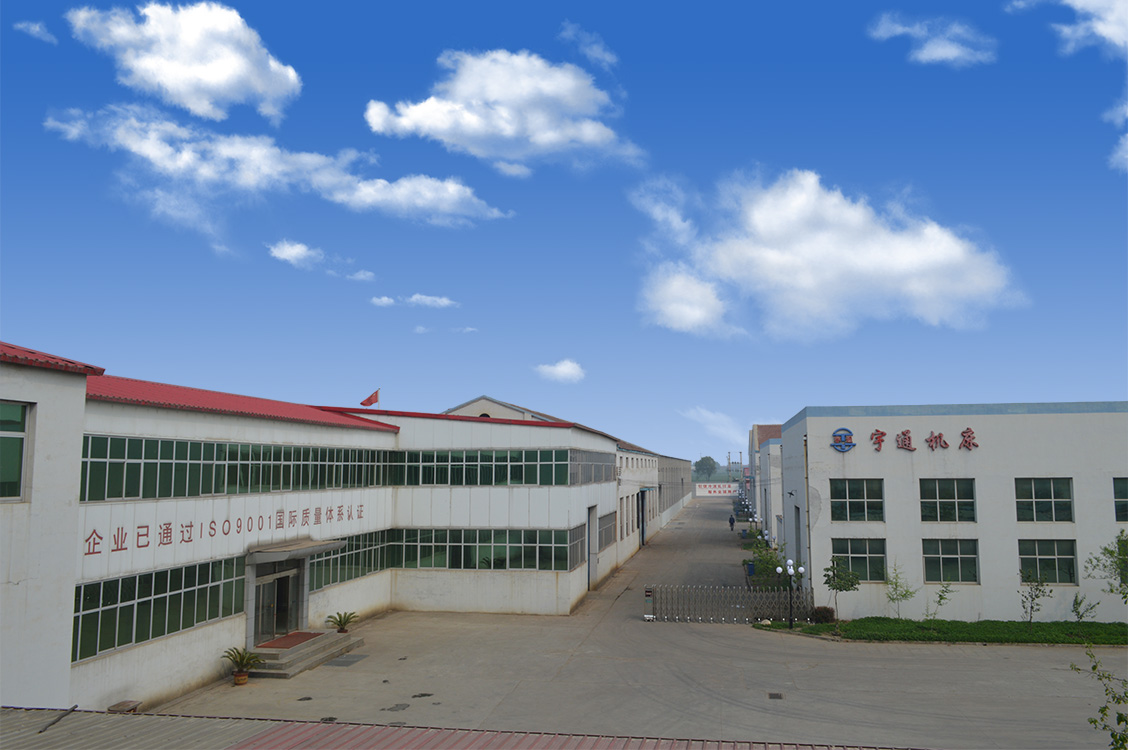
-
 Afrikaans
Afrikaans -
 Albanian
Albanian -
 Amharic
Amharic -
 Arabic
Arabic -
 Armenian
Armenian -
 Azerbaijani
Azerbaijani -
 Basque
Basque -
 Belarusian
Belarusian -
 Bengali
Bengali -
 Bosnian
Bosnian -
 Bulgarian
Bulgarian -
 Catalan
Catalan -
 Cebuano
Cebuano -
 Corsican
Corsican -
 Croatian
Croatian -
 Czech
Czech -
 Danish
Danish -
 Dutch
Dutch -
 English
English -
 Esperanto
Esperanto -
 Estonian
Estonian -
 Finnish
Finnish -
 French
French -
 Frisian
Frisian -
 Galician
Galician -
 Georgian
Georgian -
 German
German -
 Greek
Greek -
 Gujarati
Gujarati -
 Haitian Creole
Haitian Creole -
 hausa
hausa -
 hawaiian
hawaiian -
 Hebrew
Hebrew -
 Hindi
Hindi -
 Miao
Miao -
 Hungarian
Hungarian -
 Icelandic
Icelandic -
 igbo
igbo -
 Indonesian
Indonesian -
 irish
irish -
 Italian
Italian -
 Japanese
Japanese -
 Javanese
Javanese -
 Kannada
Kannada -
 kazakh
kazakh -
 Khmer
Khmer -
 Rwandese
Rwandese -
 Korean
Korean -
 Kurdish
Kurdish -
 Kyrgyz
Kyrgyz -
 Lao
Lao -
 Latin
Latin -
 Latvian
Latvian -
 Lithuanian
Lithuanian -
 Luxembourgish
Luxembourgish -
 Macedonian
Macedonian -
 Malgashi
Malgashi -
 Malay
Malay -
 Malayalam
Malayalam -
 Maltese
Maltese -
 Maori
Maori -
 Marathi
Marathi -
 Mongolian
Mongolian -
 Myanmar
Myanmar -
 Nepali
Nepali -
 Norwegian
Norwegian -
 Norwegian
Norwegian -
 Occitan
Occitan -
 Pashto
Pashto -
 Persian
Persian -
 Polish
Polish -
 Portuguese
Portuguese -
 Punjabi
Punjabi -
 Romanian
Romanian -
 Russian
Russian -
 Samoan
Samoan -
 Scottish Gaelic
Scottish Gaelic -
 Serbian
Serbian -
 Sesotho
Sesotho -
 Shona
Shona -
 Sindhi
Sindhi -
 Sinhala
Sinhala -
 Slovak
Slovak -
 Slovenian
Slovenian -
 Somali
Somali -
 Spanish
Spanish -
 Sundanese
Sundanese -
 Swahili
Swahili -
 Swedish
Swedish -
 Tagalog
Tagalog -
 Tajik
Tajik -
 Tamil
Tamil -
 Tatar
Tatar -
 Telugu
Telugu -
 Thai
Thai -
 Turkish
Turkish -
 Turkmen
Turkmen -
 Ukrainian
Ukrainian -
 Urdu
Urdu -
 Uighur
Uighur -
 Uzbek
Uzbek -
 Vietnamese
Vietnamese -
 Welsh
Welsh -
 Bantu
Bantu -
 Yiddish
Yiddish -
 Yoruba
Yoruba -
 Zulu
Zulu
Current Prices and Price List for Thread Rolling Machines
Exploring the Pricing Landscape of Thread Rolling Machines
The manufacturing sector continually evolves, with companies seeking efficient, cost-effective solutions to meet the demands of global markets. One pivotal tool in this landscape is the thread rolling machine, instrumental for producing high-quality threads on various metal components. As businesses consider investing in such machinery, understanding the pricing and factors influencing the cost becomes essential. This article will dissect the factors that determine the price of thread rolling machines and provide insights into a typical pricelist to guide potential buyers.
What is a Thread Rolling Machine?
A thread rolling machine is a specialized piece of equipment used to create threads on metal parts through a process known as cold forming. Unlike traditional machining methods that remove material from a workpiece, thread rolling reshapes the material, resulting in stronger threads with high precision. This method not only enhances durability but also improves surface finish, making it particularly preferred in industries such as automotive, aerospace, and general manufacturing.
Factors Influencing the Price of Thread Rolling Machines
1. Type of Machine The price varies significantly based on the type of thread rolling machine. There are primarily two types flat rolling and cylindrical rolling machines. Flat rolling machines tend to be less expensive than cylindrical ones due to their simpler design and functionality.
2. Size and Capacity Larger machines designed for high-volume production typically come at a higher price. The capacity to handle different sizes and materials also influences pricing. Machines that cater to a wider range of applications often command a premium.
3. Automation Features Modern thread rolling machines may come equipped with various automation features, including computer numerical control (CNC) capabilities. These advanced features enhance productivity and precision but can substantially raise the initial investment cost.
thread rolling machine price pricelist

4. Brand and Quality Well-established brands known for quality and durability often charge more for their machines. Investing in reputable machinery can lead to long-term savings through reduced maintenance costs and improved production efficiency.
5. Geographic Location The pricing of equipment can also be affected by the geographic location of the manufacturer and the buyer. Import duties, taxes, and shipping costs can influence the final purchase price. Local manufacturers may offer competitive pricing due to reduced logistics expenses.
6. Availability of Spare Parts Machines that have a wider availability of spare parts can be more economical in the long run. This factor can impact the initial purchase price, as well as ongoing maintenance costs.
An Insight into Pricing
While the prices can vary widely based on the factors mentioned above, a general price range for thread rolling machines can be outlined. For smaller, less complex models, prices can start at around $10,000 to $20,000. Mid-range machines typically fall between $20,000 and $50,000, while high-end, fully automated machines can exceed $50,000, reaching up to $150,000 or more depending on the specifications and features.
For instance, a compact flat thread rolling machine may be listed at approximately $15,000, whereas a high-capacity CNC cylindrical rolling machine could be priced around $85,000. Additionally, potential buyers should not overlook the costs associated with installation, training, and maintenance, which can add to the total investment.
Conclusion
Investing in a thread rolling machine is a significant decision for manufacturers aiming to enhance production efficiency and product quality. By understanding the factors that influence pricing, businesses can make informed decisions that align with their operational needs and budget constraints. As markets evolve, staying abreast of trends and technological advancements in thread rolling machines will also be critical to maintaining a competitive edge. Therefore, prospective buyers are encouraged to conduct thorough research, seek expert advice, and evaluate different options before committing to a purchase.
